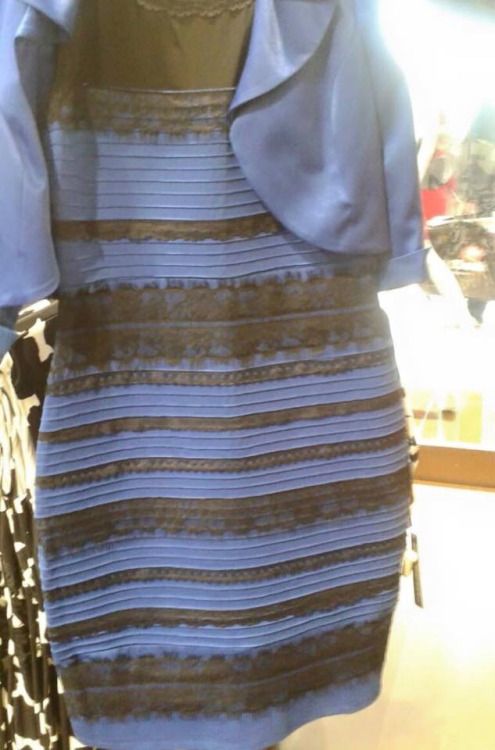I appreciate my fellow moms.
I appreciate moms of older/adult children, and all the advice and help they give me.
I appreciate moms who do things a little differently than I do, and the prospective they provide.
I appreciate new moms and the moms-to-be, for reminding me of the wonder of motherhood.
I appreciate moms who are in the same season of life I am. Solidarity, sister.
I appreciate moms who work, whether by choice or by necessity. "Appreciate" really isn't the right word...I respect you guys, a lot. I also appreciate those who stay home. Either choice requires sacrifice and is really hard, in different ways (unless maybe you're a stay-at-home mom with a live-in, full-service nanny. In which case, I really respect your nanny, and I'm super jealous).
I appreciate moms who foster and/or adopt. That takes guts and love and patience, and is amazing.
I appreciate moms who have struggled with infertility, who don't have children or don't have enough children. The desire for a baby is powerfully strong, and to be denied is powerfully difficult.
I appreciate every mom I know. Without every one of you, I don't think I'd be the mom I am. So, thanks. You're the best.
Friday, April 17, 2015
Friday, February 27, 2015
Why #TheDress Actually Matters
I know, I know, it's silly, but I've been fascinated with this whole Dress thing. You know. This one:
The dress, notable only in its' inherent ugliness (sorry, it's ugly) really doesn't matter at all. What I find fascinating is this idea that some people actually see something totally different than other people.
Maybe I'm totally overthinking it, but the idea of perspective is highlighted and exaggerated in this context. There's a lot of psuedo-scientific explanations, and I don't have to give any here, simply that environment, history, angle, and/or some unknown quality, shape the way we see the world in the most literal way, the color we see in the camera photo of a dress.
Imagine how environment and history shape our view of less tangible things? We are often as vehemently sure of an idea as I was that that dang dress was white and gold last night. Politics. Nutrition. Parenting. How much of what we see in the world is really white and gold? How much is blue and black? And how much does it matter?
I think the takeaway is simply that before we offer passionate arguments about the way we see the world, maybe we should remember that the person across from us can see the exact same thing in a totally different way. That seeing is not always believing, and even presenting someone with tangible "proof" of something doesn't necessarily mean they'll see it, or they'll see it the same way. And the way we see the world can change (oh yes, I see that blue now).
#DressGate has become a satire of internet debate, absolute statements, argument, logic and logical fallacy, siblings versus sibling, spouse against spouse, all over a subject that no one is actually invested in emotionally. It puts all internet debate into perspective. And I think it opens up a possibility for a more understanding, less vilifying, conversation on any subject. If we let it.
The dress, notable only in its' inherent ugliness (sorry, it's ugly) really doesn't matter at all. What I find fascinating is this idea that some people actually see something totally different than other people.
Maybe I'm totally overthinking it, but the idea of perspective is highlighted and exaggerated in this context. There's a lot of psuedo-scientific explanations, and I don't have to give any here, simply that environment, history, angle, and/or some unknown quality, shape the way we see the world in the most literal way, the color we see in the camera photo of a dress.
Imagine how environment and history shape our view of less tangible things? We are often as vehemently sure of an idea as I was that that dang dress was white and gold last night. Politics. Nutrition. Parenting. How much of what we see in the world is really white and gold? How much is blue and black? And how much does it matter?
I think the takeaway is simply that before we offer passionate arguments about the way we see the world, maybe we should remember that the person across from us can see the exact same thing in a totally different way. That seeing is not always believing, and even presenting someone with tangible "proof" of something doesn't necessarily mean they'll see it, or they'll see it the same way. And the way we see the world can change (oh yes, I see that blue now).
#DressGate has become a satire of internet debate, absolute statements, argument, logic and logical fallacy, siblings versus sibling, spouse against spouse, all over a subject that no one is actually invested in emotionally. It puts all internet debate into perspective. And I think it opens up a possibility for a more understanding, less vilifying, conversation on any subject. If we let it.
Subscribe to:
Comments (Atom)

